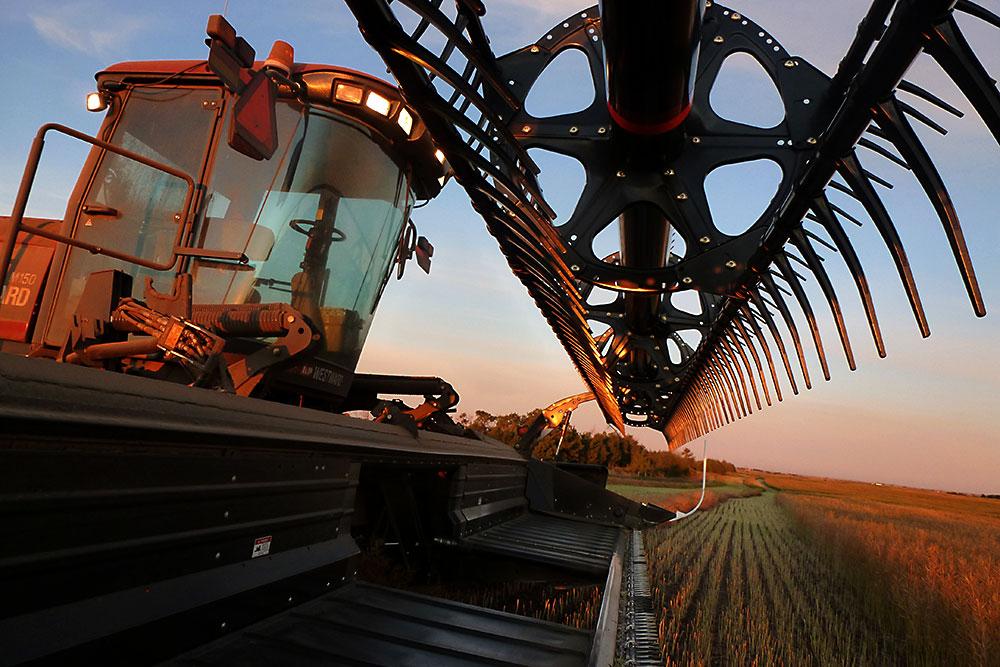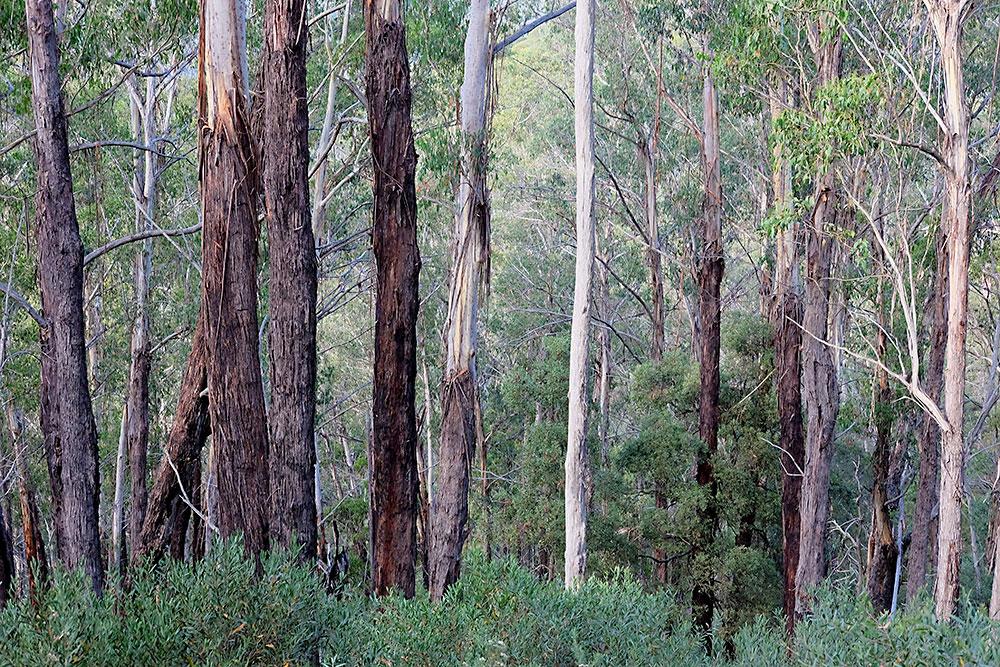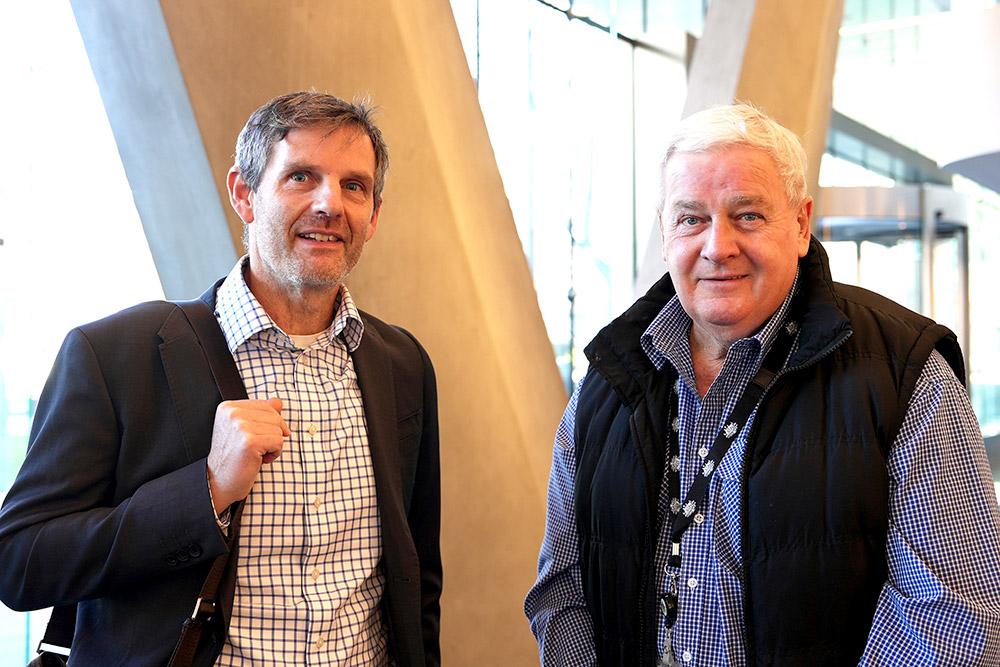Australian agriculture will continue to prosper if it can meet growing expectations around sustainability and keep making sound investments that build resilience and encourage innovation.
ABARES Executive Director Dr Jared Greenville told this year’s Outlook conference that industry has an opportunity to lever off its current successes to ensure continued growth and competitiveness over the coming decades.
“We’re seeing a shift in willingness to pay for sustainability – by governments and consumers,” Dr Greenville said to delegates in today’s Outlook to 2026-27 address.
“There is increasingly a recognition that farming and land management involves land and biodiversity stewardship. As a result, new markets are being created to establish these attributes as agricultural outputs in their own right.
“We’re expecting that there will be a threefold increase in the number of consumers in high income countries between now and 2050.
“That is around three billion more high-income consumers who will demand products we produce and have rising expectations around sustainability.
“Take Indonesia, for example – both demand for products we produce, and imports, are expected to increase significantly between now and 2050.
“This type of growth represents a real opportunity for Australian producers.”
Dr Greenville said ABARES was forecasting agriculture’s record-breaking production streak to moderate in the medium term, with seasonal conditions returning to a more “normal sequence” and prices retreating from current highs.
“We know that challenging seasons will return,” Dr Greenville said.
“There will be disruptions to international supply chains, issues with market access, labour constraints and a range of other factors the sector will need to respond to.
“In navigating this future, it’s important that we invest in things that make us resilient.”
He said our farming export fortunes hinge on opening new market access opportunities that provide “flexibility and options when disruptions occur”.
“To remain on the front foot, addressing non-tariff measures, developing biosecurity protocols and helping break down global levels of trade and production distorting support will be important,” Dr Greenville said.
“At the moment, Australia trades on a clean and green image but expectations are increasing, and we are one of multiple suppliers who can deliver this.
“We will need to be able to meet these expectations on a competitive footing, and we know more work needs to be done.
“We’re in a good starting position, but the race is only beginning.”
The latest ABARES Agricultural Commodities and Australian Crop reports can be found at ABARES



